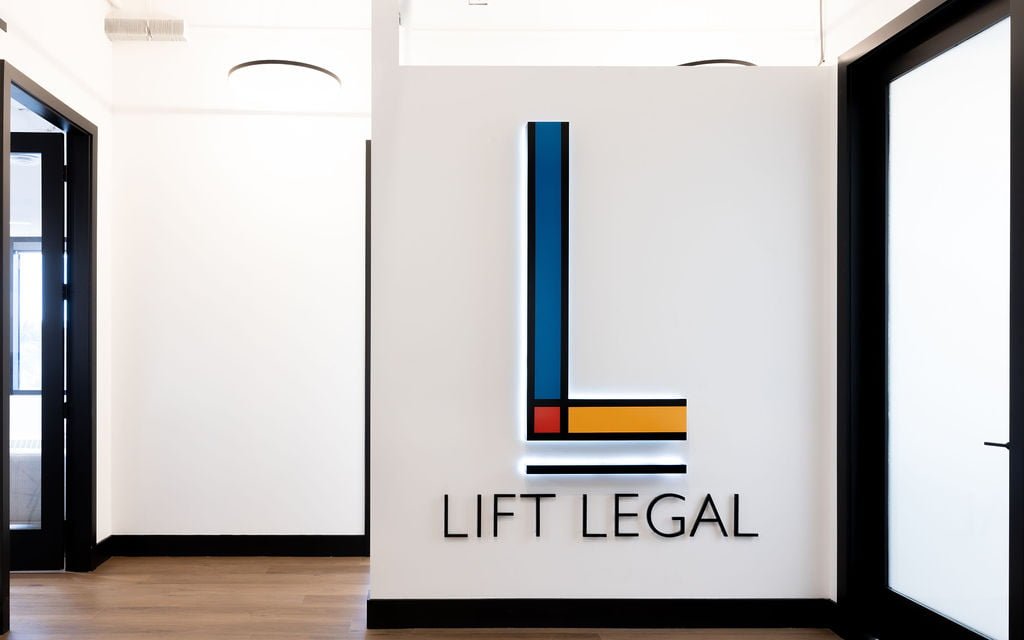In a related post, we explained prenuptial agreements and how they determine division of property when a marriage dissolves. A prenuptial agreement addresses legally married couples’ matrimonial property, but what about couples who live together and aren’t married? If you’re in an unmarried relationship, you may want to consider a cohabitation agreement.
What is a cohabitation agreement?
Alberta law does not use the term common-law to describe people who live together but who are not legally married. These relationships are called adult interdependent relationships. The Adult Interdependent Relationships Act governs adult interdependent relationships in the province and applies rules for the division of property between unmarried cohabitants.
Cohabitation agreements are a legally binding contract between couples (including same-sex couples) who are, or who will be, living together. Such agreements specify both parties’ rights and obligations in the event their relationship ends. The contractual terms within a cohabitation agreement can help you determine how to divide property and debt should you break up. Without an agreement, the Court must rely on legal principles to determine an equitable division of the assets you and your partner acquired during your relationship.
Cohabitation agreements can also safeguard the rights of children within the relationship. In some circumstances, they also define the amount of spousal support payable.
In sum, cohabitation agreements typically specify
- how debts are divided
- who gets the home in the event of a breakup
- who pays which expenses during the relationship
- payment of spousal support if the relationship ends
- how joint assets are divided if the relationship ends
- partners’ rights and obligations during the relationship
- what specific property will be excluded from property division
- how individual assets brought into the relationship are divided
- educational and moral decisions relating to the partners’ children
Why get a cohabitation agreement?
Some couples looking to get married get a prenuptial agreement because they are entering their relationship with children or with significant disparities of assets or debts. Partners in an adult interdependent relationship sometimes seek a cohabitation agreement for similar reasons:
- one or both of them are bringing children into the relationship
- they want to protect the property they’re bringing into the relationship
- one or both want to ward against the chance of a spousal support claim when the relationship ends
Cohabitation agreements are also ideal for couples in non-traditional relationships, such as polyamorous families, in which complex living circumstances have the potential to create conflict. Cohabitation agreements protect the parties in the event their relationship collapses.
Who gets what?
Most times within an adult interdependent relationship, property belongs to the person who paid for it. Cohabitation does not entitle you to your partner’s property: you have no legal right to property purchased by your partner and vice versa. Anything you bought belongs solely to you, and anything your partner bought belongs solely to him or her.
However, you may have legal rights if you’ve contributed, either directly or indirectly, to your partner’s property. Direct contributions include paying the mortgage or rent, utilities or renovations. Indirect contributions include child care, or maintaining or decorating your household. Consult with an experienced family lawyer if you’ve been in a long-term relationship and believe you’ve earned a right to property solely in your partner’s name.
If you and your partner bought and registered property jointly, you are both legal owners. As such, you can’t prevent your partner from using, possessing or selling joint assets or property. Similarly, you can’t sell the property unless your have your partner’s—the other owner’s—express consent. Any proceeds from the sale of joint property must be shared equally. You or your partner may also consider buying the other partner’s share in the property.
What about spousal and child support?
Under Alberta law, an adult interdependent partner can apply for spousal support after separation. Similarly, any children of the relationship are entitled to child support.
Changing a cohabitation agreement
Although a legally binding contract, provisions set forth in your initial cohabitation agreement may no longer apply to future situations. You and your partner may need to make changes to reflect new circumstances should your relationship dissolve or stay intact. An experienced lawyer can help you make changes appropriately and correctly.
Consult with a skilled family lawyer
When meeting with you to draft your cohabitation agreement, your family lawyer will explain your rights and obligations. You and your partner can then decide how you will proceed should your relationship break down. Each of you must sign the cohabitation agreement before a different lawyer. If representing one partner, the lawyer may not represent the other.
At Lift Legal, we understand that it may be uncomfortable to talk with your partner about this topic; however, we believe it’s important to consult with a qualified lawyer before signing your cohabitation agreement. Our family lawyers will listen to your reasons for wanting such an agreement and advise whether we believe it is right for you. When negotiating your agreement, we’ll ensure that it protects you and addresses your particular legal needs.
To learn more about cohabitation agreements, contact us today.
Disclaimer:
The information on this blog and website is provided by Lift Legal for educational purposes only. It is intended to give readers a general understanding of the law, not to provide specific legal advice. Information contained in these pages should not be used in place of competent legal advice from a licensed, practising lawyer in Alberta. Furthermore, by using this blog and website, you understand that no lawyer-client relationship exists between you and Lift Legal.













